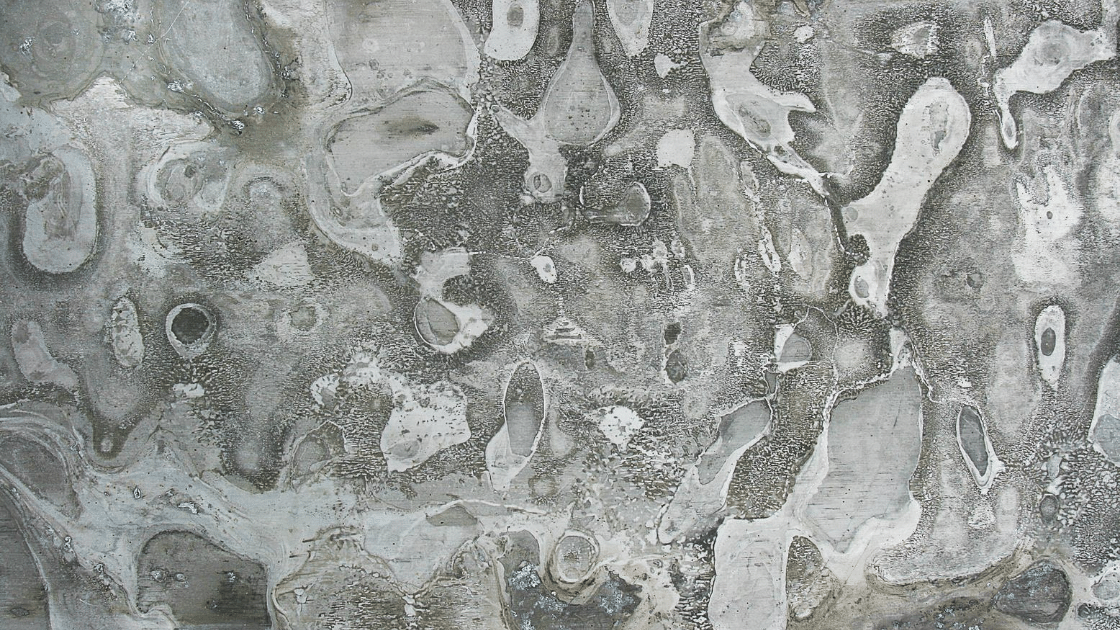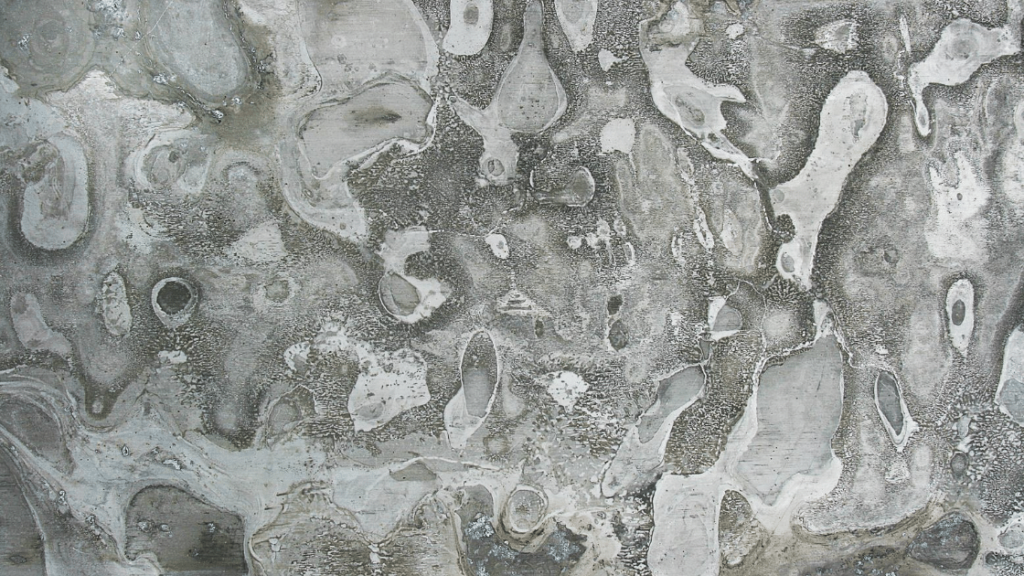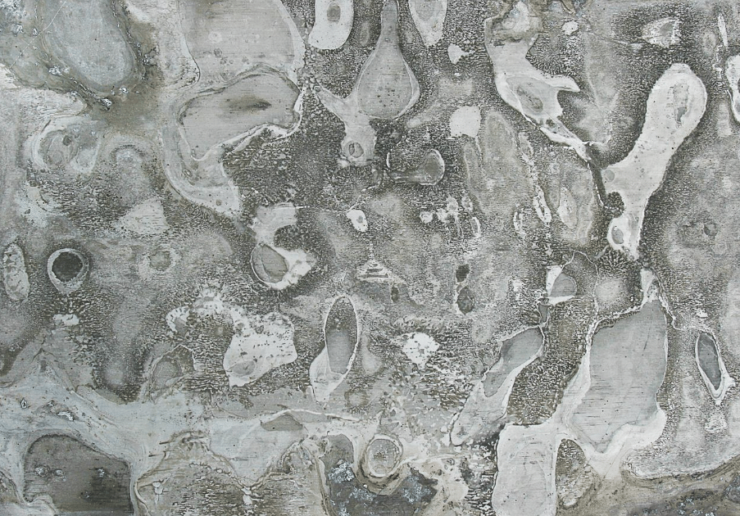
What is aluminum oxidation and how important is it to aluminum corrosion resistance? According to the Aluminum Association, “nearly 75 percent of all aluminum ever produced is still in use today.” This is not only a testament to aluminum’s recyclability but also its ability to withstand corrosion. Aluminum holds its value down the supply chain. As the Aluminum Association goes on to say, “Aluminum is 100% recyclable and retains its properties indefinitely.” What is it about aluminum that makes it so corrosion-resistant? In this blog post, we’ll answer why.
Corrosion occurs naturally as nature attempts to return metals to their original, stable, oxidized state. The degree and severity of corrosion that happens over time is a function of both the material and its operating environment. Corrosion is degeneration caused by environmental elements. Aluminum corrosion can occur gradually over weeks, months, or even years. With enough time, aluminum products can develop large holes due to corrosion.
Kloeckner Metals is a full-line aluminum supplier and service center. Download our aluminum spec sheet and check what Kloeckner Metals routinely stocks.
Generally speaking, aluminum and its alloys have excellent resistance to corrosion. Aluminum in its natural state, commercially pure or 1xxx aluminum, has the best corrosion-resistance, but that quality is compromised as alloys, particularly copper and iron but also magnesium or zinc, are added. The alloying elements used to achieve desirable properties of most commercial aluminum alloy groups are listed below.
These elements, added in small percentages, are added to give the metal desired properties of strength, ductility, weldability, machinability, corrosion resistance, and others. Because of some degree of predictability in the changes of properties between the different alloy groups, they’re typically used in different markets. For the purpose of this blog post, we’ll mainly discuss corrosion resistance, but when deciding on an alloy, no properties should be considered in isolation.
Paradoxically, aluminum oxidation is a central part of its corrosion resistance. Aluminum has a very high affinity to oxygen. When a new aluminum surface is exposed in the presence of air or any other oxidizing agent, it quickly develops a thin, hard film of aluminum oxide (or hydrated oxide in non-stagnant water). This aluminum oxidation is precisely what makes aluminum so corrosion-resistant.
This film is relatively inert chemically. The corrosion resistance of aluminum relies on the inactivity of this surface film of aluminum or hydrated oxide. It’s when this surface film dissolves that corrosion occurs; when the film suffers localized damage and self-healing cannot occur, localized corrosion follows.
This surface film is generally stable in a pH range of about 4.5 to 8. The film can stay stable in other cases depending on the environment, for example, nitric acid at pH 0, glacial acetic acid at pH3, or ammonium hydroxide at pH 13. The oxide film can be dissolved in most strong acids and bases, in which case the corrosion of the aluminum will be rapid.
As with all common architectural and structural, aluminum will corrode under certain conditions. This is more likely to occur when the wrong alloy is chosen for projects or applications. To get good results with aluminum, it is essential to know the following:
Rusting is a form of corrosion that’s specific to iron and steel (because it contains iron). In fact, rust is the common name for iron oxide, when iron or steel bonds with oxygen and undergoes oxidation. Therefore, aluminum can’t rust.
Aluminum and its alloys are resistant to corrosion. Although aluminum is naturally resilient, its resistance decreases with the addition of more alloys. Aluminum’s resistance to corrosion is due to oxidation. When new aluminum surfaces come into contact with air or other oxidizing agents, a thin, hard aluminum oxide film forms, protecting it from corrosion. However, it’s important to note that aluminum is not completely immune to corrosion and can corrode under certain conditions.
Alloy 1100: Aluminum grade 1100 is commercially pure aluminum. It has excellent corrosion resistance and is common in the chemical and food processing industries. Otherwise, it is a soft and ductile metal with excellent workability. You’ll find alloy 1100 frequently in applications that require forming. It can be welded with any method, but it is non-heat-treatable.
Alloy 3003: Alloy 3003 is the most common of the aluminum alloys. It is pure, commercial-grade aluminum with a 20% boost in strength thanks to the addition of Manganese and Copper. It also has excellent corrosion resistance, workability, and can be welded or brazed, drawn or spun.
Alloy 5052: 5052 is also a very popular alloy because it has the highest strength of any of the non-heat-treatable grades. It is especially common in marine and saltwater atmospheres because of its resistance to corrosion. It has excellent workability and is easily drawn or formed into complex shapes.
Alloy 6061: 6061 is the most versatile of the heat-treatable alloys, including corrosion resistance, workability when annealed, and weldability. You’ll find alloy 6061 in products and applications that require a trifecta of good appearance, better corrosion resistance, and good strength.
Alloy 6063: 6063 is usually known as an architectural alloy because of its high tensile, great finishing, and high corrosion-resistant properties. You’ll find 6063 in interior and exterior architectural settings and trims. It is frequently anodized.
In the aerospace industry, there’s a need for both high strength and high corrosion resistance. For this reason, the aerospace industry is generally confined to the 2xxx and 7xxx series of aluminum. We get around the reduced corrosion resistance of alloyed aluminum in these series through alclad liners that are pure aluminum and alloyed to the stronger aluminum alloy underneath. The pure aluminum gives the plane the corrosion resistance that’s needed without compromising the strength of the structural aluminum.
Alloy 2011: Alloy 2011, otherwise known as Free Machining Alloy (FMA), is known for its high mechanical strength and excellent machining, which is why you see it in complex and detailed parts. If this alloy is machined under high-speed, it will produce fine chips, but they’re easily removed.
Alloy 2014: Alloy 2014 is copper-based with very high strength and excellent machining. You’ll find it in many structural aerospace applications because of its high corrosion resistance.
Alloy 2024: Alloy 2024 is very commonly used because of its combination of high strength and excellent fatigue resistance. You’ll find it wherever products require a good ratio of strength to weight. But, it’s corrosion resistance is fairly low, so you’ll often see it with either an anodized surface (see below) or with Alclad.
Alloy 7075: Of all of the aluminum alloys, 7075 is one of the highest strength alloys. Like 2024, it has an excellent ratio of strength to weight and is used in parts that will undergo high stress. 7075 can be formed when annealed and then heat-treated if needed.
Aluminum oxidation happens faster than steel oxidation because aluminum has a strong affinity for oxygen. When all the aluminum atoms have bonded with oxygen, the oxidation process stops.
Rather than flaking through like rust, aluminum oxide just forms a hard, whitish-colored surface skin.

Since aluminum so readily bonds with oxygen, there’s little that can be done about aluminum oxidation. Aluminum corrosion, however, can be a serious problem. To prevent aluminum corrosion, you should consider:
Generally, there are three types of protective coatings appropriate for aluminum:
If you’re worried about the risk of galvanic corrosion, we recommend looking for paint or powder coatings with high electrical resistance.
Anodizing is a type of surface oxidation that’s sought after because it produces attractive finishes, but it’s not appropriate for larger fabrications. Many boaters use a sacrificial anode made of zinc. It corrodes faster than aluminum, essentially sacrificing itself, and will need to be replaced periodically.
If taking the coating approach, don’t forget that any damage will need immediate attention. Leave some aluminum exposed and you risk corrosion getting a toehold.
Kloeckner Metals is a full-line aluminum supplier and service center. Kloeckner Metals combines a national footprint with the latest fabrication and processing technologies and most innovative customer service solutions.

Steel base plates are fundamental elements employed in various manufacturing...
Metal fabrication is a critical process that transforms raw metal...
The solar industry has undergone a significant transformation by incorporating...

X
The Kloeckner Metals website uses modern technologies. Unfortunately, your browser doesn't support those technologies.
Download the latest version of one of these browsers to experience the site: